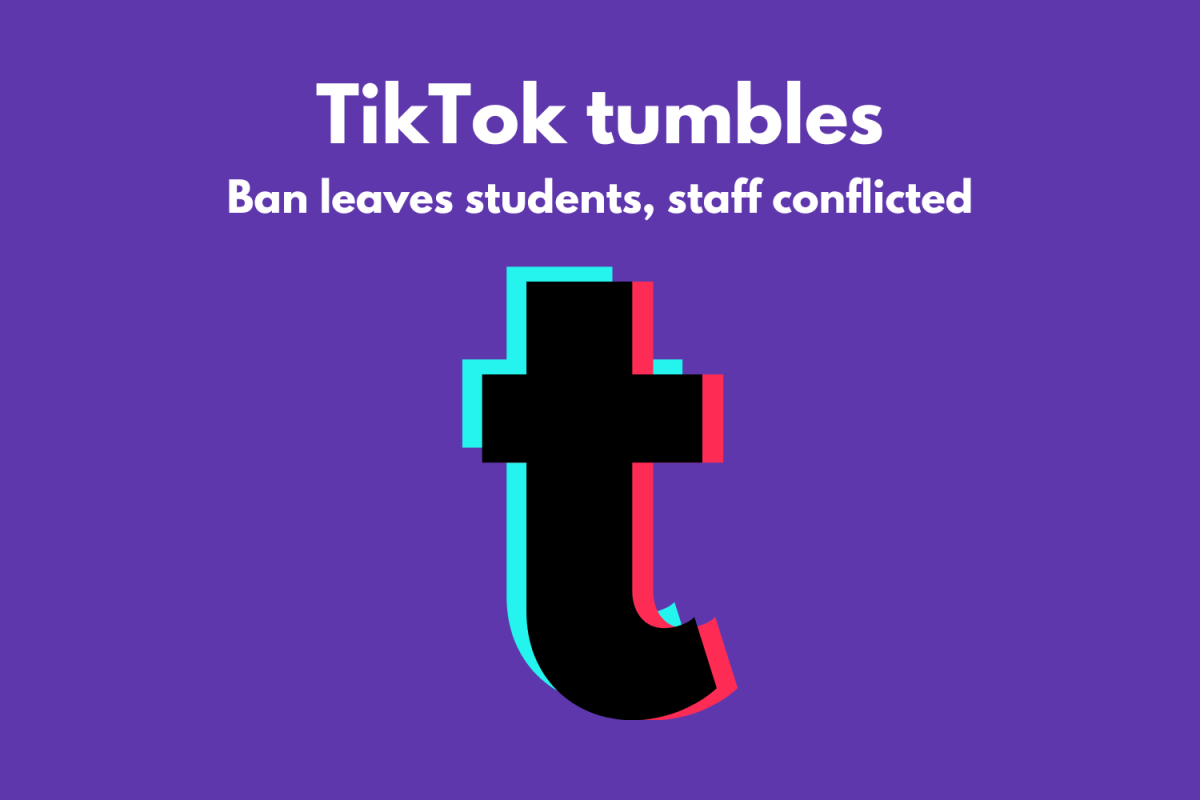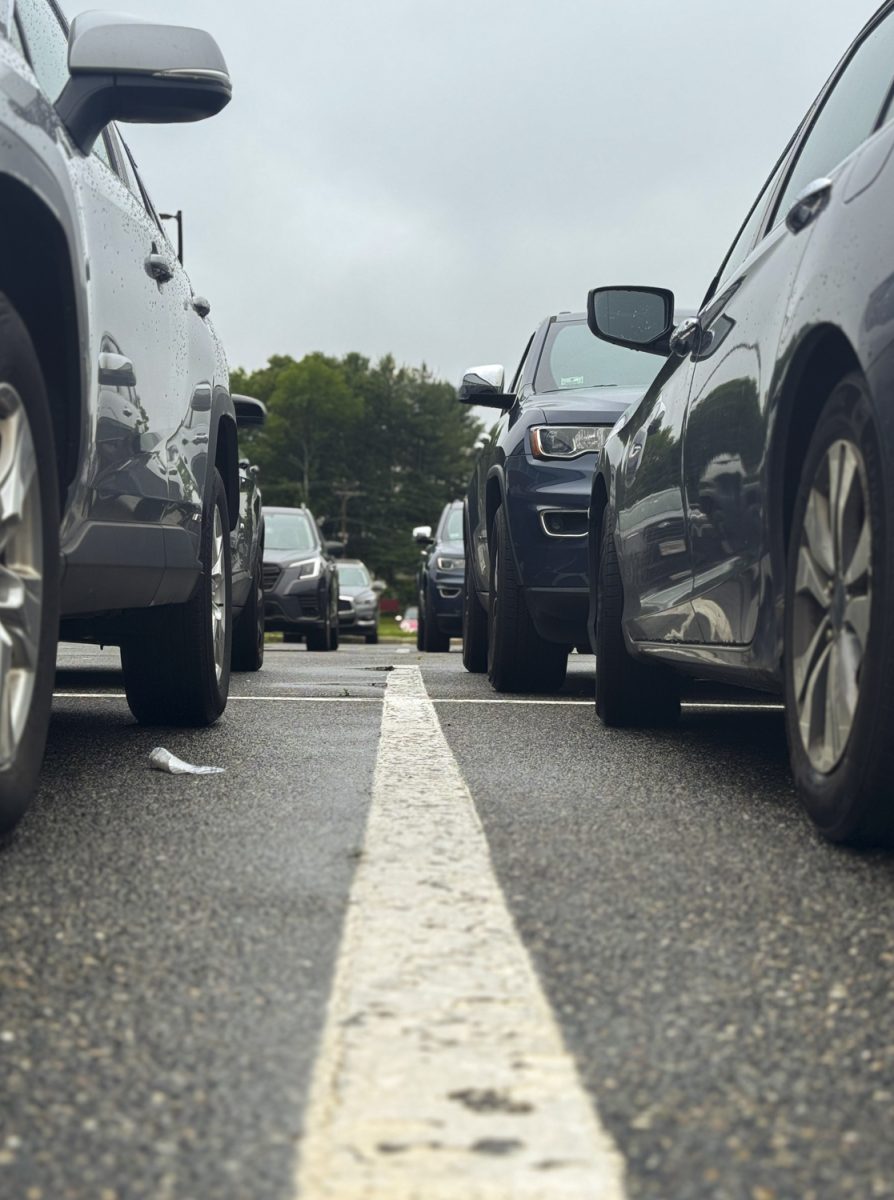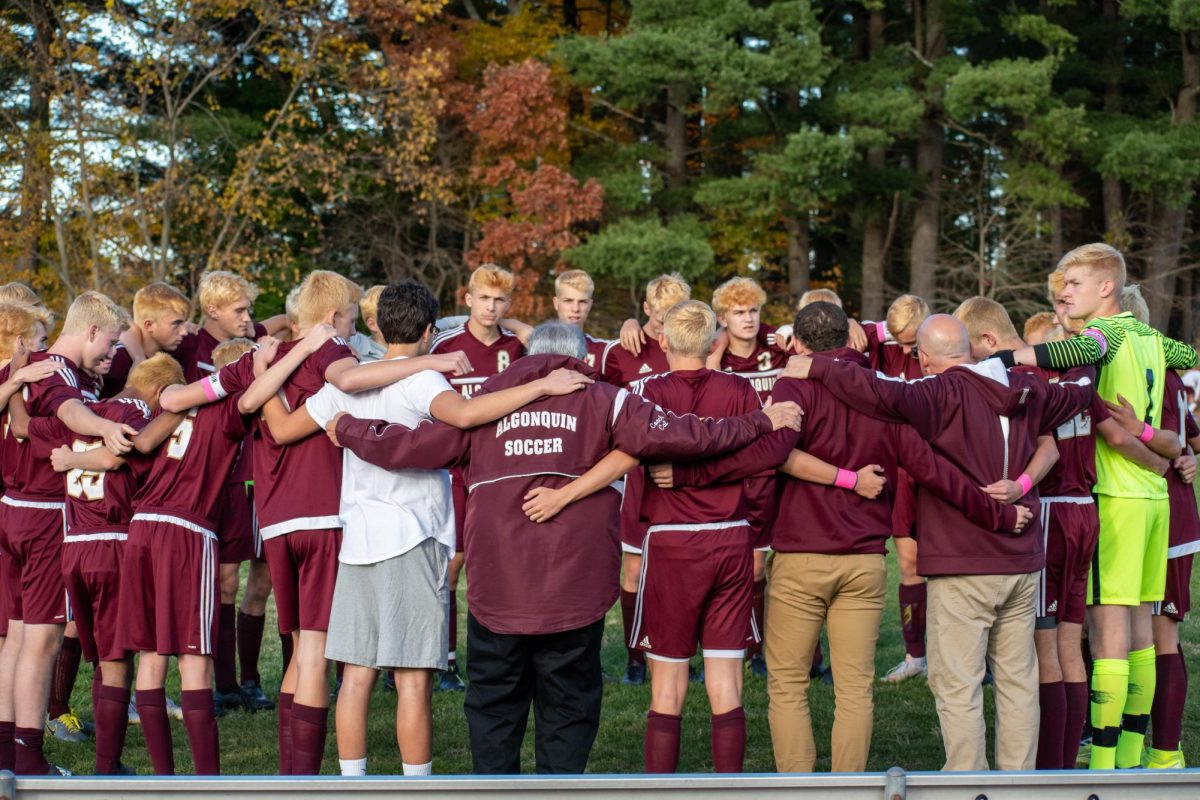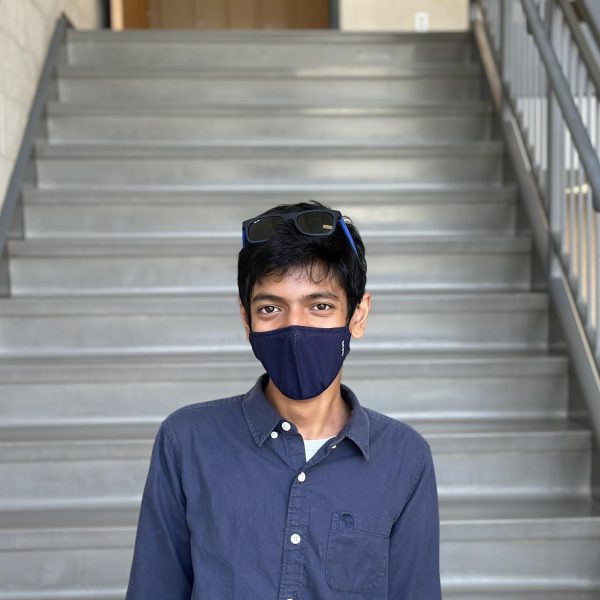The Supreme Court hammered the final nail on TikTok’s coffin on Jan. 17 by unanimously deciding that the U.S. Government could ban the platform based on alleged threats to American national security interests.
The ban will begin on Sunday, Jan. 19. The backlash, however, is already intense. Since its release in 2016, TikTok’s popularity exploded to live on the devices of over 170 million Americans. So far, students and faculty have complicated feelings about the loss of something that a vast majority of teenagers have grown to depend on.
Like many other apps, TikTok collects private information about users. According to a 2020 analysis by “Washington Post” reporters, this includes tracking geolocation, search history and private messages. However, according to AP Government and Politics teacher Brian Kellett, the main concerns addressed in the law have to do with who has access to that sensitive data, since TikTok is a subsidiary of Chinese-owned company ByteDance.
“My understanding is that people in the government are concerned that people’s data is being collected by companies that may be influenced by countries that are not the United States,” Kellett said. “There’s a concern about that being a potential issue, maybe in the future as more and more data is collected, particularly on young people.”
Under a 2017 Chinese intelligence regulation, the ruling government can seize information held by Chinese companies when it wishes to, heightening concern that China can monitor the data of U.S. users, suppress speech, spread disinformation and interfere with elections. The law, which passed in April 2024, gave ByteDance an ultimatum: either sell TikTok to a non-Chinese group by Jan. 19, 2025 or face a ban that would make it illegal for app stores and internet host sites to service the platform. Despite TikTok’s popularity among the masses, the law passed easily with broad bipartisan support.
“I think it’s a rare area of bipartisanship to have this sort of muscular American foreign policy,” Kellett said. “Politicians always want to say they stand for America’s security interests, especially against certain perceived geopolitical rivals, in this case, China.”
Unsurprisingly, TikTok sued against the measure, and the lawsuit was brought to the Supreme Court. TikTok’s main defense was that banning the platform would violate the First Amendment, which grants freedom of expression. However, that argument was not enough to sway the court.
“It’s not necessarily the government trying to regulate speech,” Kellett said. “They’re trying to regulate the company, so they’re not saying the speech needs to be altered.”
There are few avenues that TikTok can take now that the Supreme Court has upheld the law. The Supreme Court has the final say on manners of legality, so if TikTok wants to continue to operate in the U.S., it must pressure Congress to pass a new bill that would renege on the law.
Several students expressed dismay at the ban, which may be permanent.
“Immediately, I’m sad and distraught because I love TikTok,” sophomore Sonia Afife said. “I think it’s a great platform where you can text your friends, have a good time on there and watch good videos that make you laugh.”
Afife was skeptical of the government’s reasoning behind the ban.
“I think that [the ban] is just because [the federal government] wants to control what media we see every day because TikTok is such a big platform where people can view news,” Afife said. “Also, there are American companies and businesses that take your data as well. But why is TikTok the biggest one we’re worried about?”
Despite not being in favor of the ban, sophomore Sai Mohan Kumar acknowledged the negative impacts that TikTok has had on her life.
“I use TikTok a good four hours a day,” Mohan Kumar said. “It makes me less productive and honestly, once I open TikTok, it’s really hard for me to stop, so it’s kind of addictive.”
Afife felt somewhat the same about the amount of energy she gives the app.
“I think I can get stuck in a scrolling loop, like doom scrolling, where I keep scrolling forever and ever until my day is gone,” Afife said.
Health and Fitness teacher Melissa Arvanigian said that the effects of excessive social media usage are visible on her students.
“I feel that people don’t even know how to talk to other people,” Arvanigian said. “We have a mental health issue going on in our society, and I think a lot of why we feel lonely is because we are just always on our phones.”
Arvanigian also offered advice for those looking to detox from TikTok in light of the ban.
“We should just give ourselves some time to just sit with our thoughts, our feelings, but also maybe channel that energy in a different way, such as learning a new hobby, exercising a little bit more [and] going for a walk,” Arvanigian said. “Maybe try to reach out, do something kind for somebody else or do something kind for yourself. Switch your mindset and don’t feel like you have to always grab your phone and just mindlessly scroll.”










